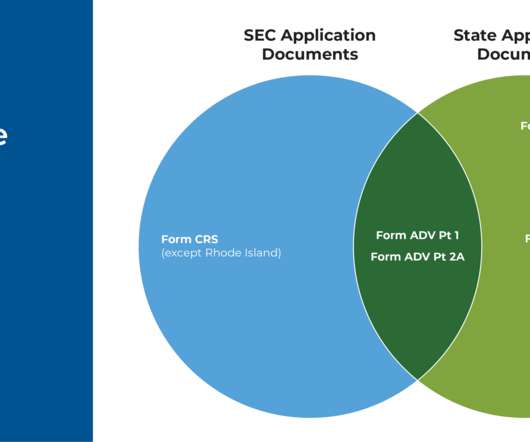5 Steps to Prepare your Organization for a Financial Audit
E78 Partners
SEPTEMBER 21, 2023
Audits, while essential for maintaining the integrity and trustworthiness of an organization’s financial reporting, can be a daunting task. This article will delve deeper into five preparation steps, drawing from insights of our leading industry experts, to help your organization gear up for a successful audit.















Let's personalize your content